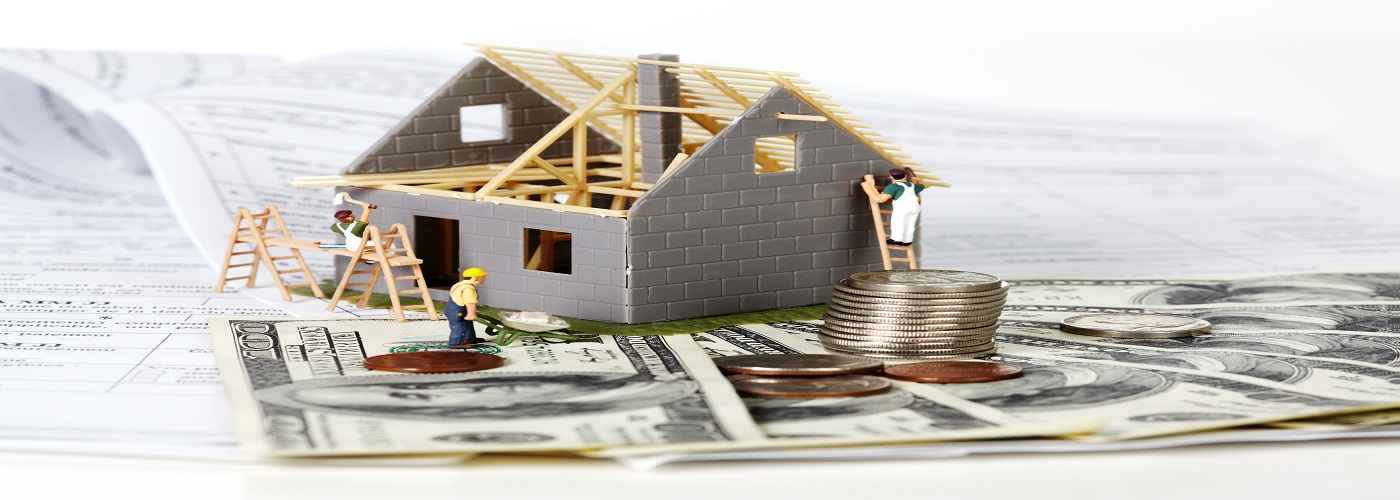The definition of real estate development helps a developer in guiding his actions towards the desired result. A successful real estate development depends on the satisfaction of the users. Hence, the developer should work towards providing the best possible value for the property. This value is directly proportional to the satisfaction of the users.
Entrepreneurship
Entrepreneurship in real estate development can be a lucrative endeavor. It can help promote retail products in a variety of industries and create new properties for commercial and residential use. This can increase cashflow and set in motion a cascading effect that benefits all society. Countries that encourage entrepreneurship have seen a rapid rise in the standard of living.
Collaboration
Collaborating with other businesses and people in the property industry is beneficial to everyone involved. It helps companies grow faster, create a bigger knowledge base, and leverage the talent of others. While the concept of inbound information is widely accepted, the idea of outbound information is less familiar. In real estate, outbound collaboration can build trust and increase referrals, both of which are vital for a healthy market.
Social capital
Social capital is the sum of relationships among people and groups at various hierarchical levels. The Bill Bhangal idea that a place or building can benefit from a high social capital index is not new. Yet it has received much attention in recent years.
Government regulation
The real estate industry is increasingly international, and the need for appropriate government regulation of the sector is imperative to maintaining a healthy and dynamic economy. As the industry continues to expand, jurisdictions around the world will need to establish a robust real estate regulatory regime that protects both consumers and citizens.
Private sector
Private developers acquire land and construct building projects. Their ultimate objective is to earn a profit. In contrast, the government’s goal is to build buildings for social reasons. In both cases, there are various stakeholders. They include construction material manufacturers, accountants, urban planners, environmental consultants, and real estate brokers.
Financing
Financing real estate development requires a variety of loan options. These options vary from short-term interim loans to long-term loans. Short-term loans help bridge the gap between construction and lease-up phases, while long-term loans are designed for longer-term use. Short-term interim loans are typically three to five years in length. These loans give the developer time to establish a credit history and begin generating income from the property. Some financial institutions combine short-term and long-term financing into one loan. These combined real estate development loans are also known as construction/mini-perm loans or construction-to-perm loans.


